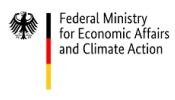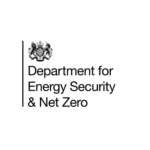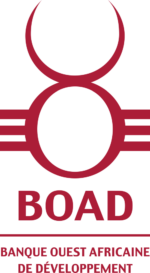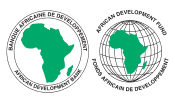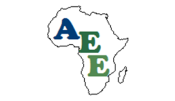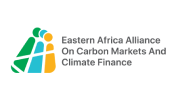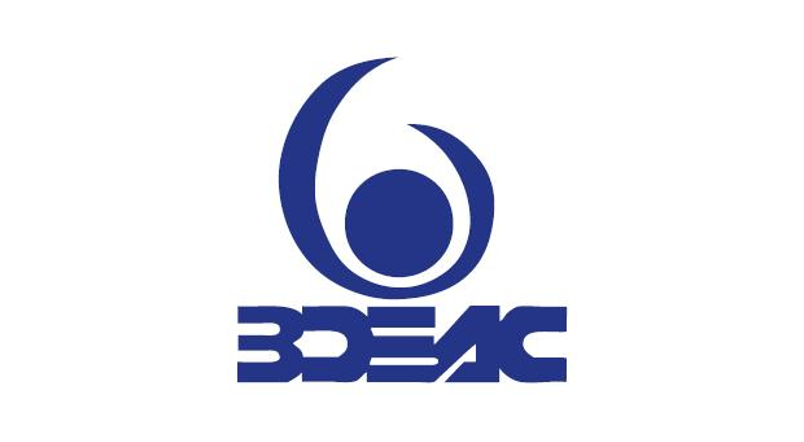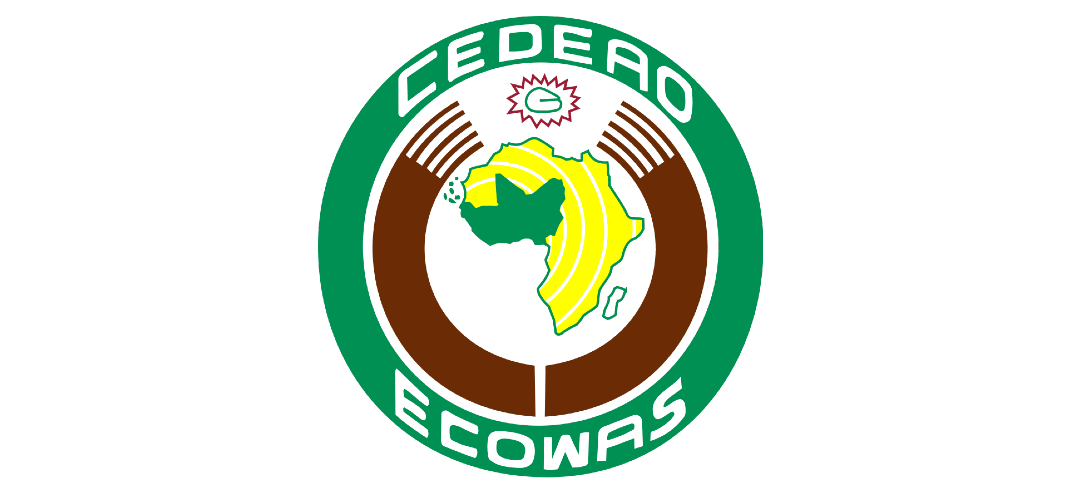Our Mission
The Alliance aims to enhance the position of West African countries in international carbon markets, benefit from technology transfers, and access result-based climate finance for NDC implementation.
The Alliance has the following objectives:
- Promote access to market mechanisms and climate finance opportunities on the national and sub-regional levels.
- Foster active participation by West African delegates in the UNFCCC negotiations on market mechanisms, transparency and climate finance.
- Support Article 6 pilot experiences in the sub-region while sharing implementation knowledge in the negotiations.
Our Approach
To achieve these objectives, the Alliance and its backers pinpoint key success factors: an active commitment from members, a solid foundation in regional institutions for stability, coordinating regionally and exchanging best practices through peer-to-peer learning and targeted technical assistance, and active involvement in climate negotiations and relevant events.
The Alliance’s membership includes all countries in the region committed to increasing climate finance flows to West Africa: Benin, Cape Verde, Côte d’Ivoire, The Gambia, Ghana, Guinea, Guinea-Bissau, Mali, Mauritania, Niger, Nigeria, Liberia, Burkina Faso, Sierra Leone, Senegal, and Togo.
As an initiative created by and for West African countries, the Alliance is driven by the needs of its members and strongly rooted in the sub-region.
Learn more about our countriesOur History
At COP22 in Marrakech, West African negotiators to the UNFCCC launched the Alliance with the goal of enhancing the engagement of West African states in market mechanisms. This initiative also aimed to improve their access to result-based climate finance for implementing their National Determined Contributions (NDCs).
The formal establishment of the Alliance took place through a resolution passed during the inaugural meeting of founding members on June 30, 2017, in Cotonou. The landscape of carbon market mechanisms underwent a transformation with the adoption of the Paris Agreement in 2015, particularly due to Article 6 of the Paris Agreement, which introduced new mechanisms for international cooperation. African countries expressed a strong interest in actively participating in and influencing the on both market and non-market mechanisms.
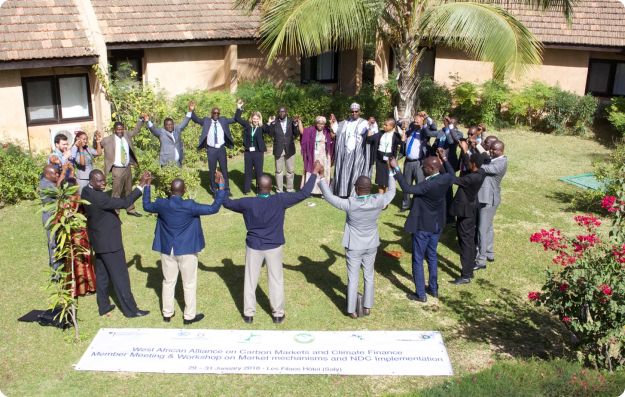
Our Partners
Funding and implementing partners


Technical partners

Other partners


